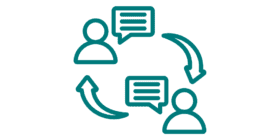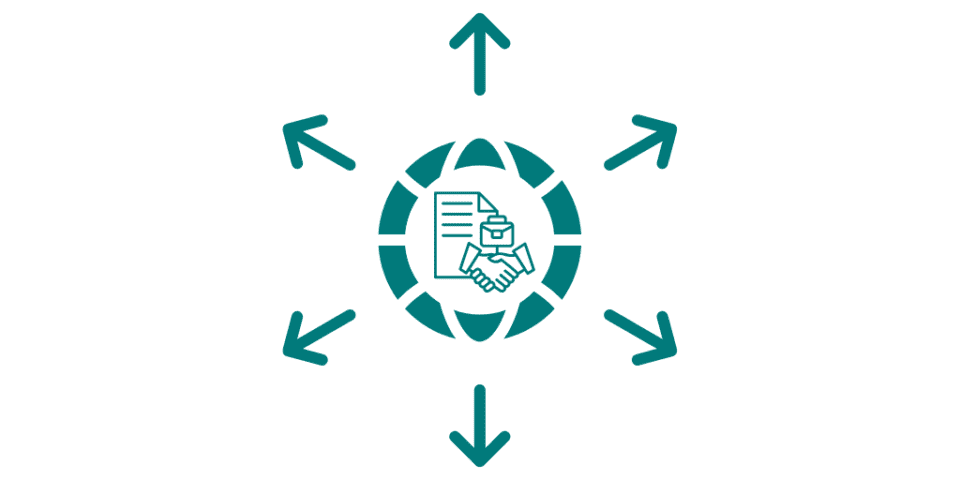
For early-stage drug developers, engaging with the FDA at the right time can be critical to success. One such opportunity is the INitial Targeted Engagement for Regulatory Advice on CBER/CDER ProducTs (INTERACT) meeting. This meeting provides early-stage guidance from the FDA’s Center for Biologics Evaluation and Research (CBER) and Center for Drug Evaluation and Research (CDER) for sponsors developing novel drugs, biologics, and gene or cell therapies.
What is an FDA INTERACT Meeting?
The INTERACT meeting is a non-binding, informal, early-stage consultation designed to help drug developers navigate regulatory challenges during the pre-Investigational New Drug (pre-IND) phase. The FDA provides targeted feedback on the development of innovative products, particularly those involving complex biologics or advanced manufacturing techniques.
Unlike traditional Type B pre-IND meetings, INTERACT meetings are not for finalizing IND submissions but rather for resolving early scientific and regulatory uncertainties.
Key objectives of INTERACT meetings include:
- Addressing key scientific and technical challenges in early development.
- Understanding the FDA’s expectations regarding nonclinical studies.
- Gaining clarity on regulatory requirements for novel manufacturing processes.
- Identifying potential risks early to avoid delays in the IND process.
When to Request an INTERACT Meeting
Sponsors should consider requesting an INTERACT meeting when:
- They are developing a first-in-class or highly novel product.
- They need FDA input on critical aspects of nonclinical or CMC (chemistry, manufacturing, and controls) development.
- They are uncertain about how to design safety studies for a novel biologic or gene therapy.
These meetings should be requested well before an IND submission, typically when sponsors have early preclinical data but need regulatory input to refine their development strategy.
How to Request an INTERACT Meeting
To request an INTERACT meeting, sponsors must submit a formal request to the relevant FDA division. This submission should include:
- A cover letter explaining why the meeting is needed.
- A concise meeting package outlining:
- Product description and mechanism of action.
- Summary of available nonclinical data.
- Key questions for FDA feedback.
- Specific regulatory challenges requiring FDA input.
The FDA will review the request and determine if an INTERACT meeting is appropriate based on the product's complexity and the nature of the regulatory questions.
Best Practices for a Successful INTERACT Meeting
To maximize the benefits of an INTERACT meeting, sponsors should:
1. Focus on Key Questions
Clearly define specific, high-priority regulatory and scientific questions. Avoid broad or overly generic inquiries.
2. Provide Clear and Concise Data
Present preliminary findings in a well-structured format. Focus on what is essential for FDA review.
3. Engage with the Right Experts
Bring relevant scientific and regulatory experts to the meeting to discuss complex topics effectively.
4. Use the FDA’s Feedback Strategically
Since INTERACT meetings are non-binding, sponsors should incorporate FDA recommendations where applicable but remain flexible in their development approach.
Benefits of INTERACT Meetings
Early engagement with the FDA can significantly de-risk product development by:
- Preventing costly delays due to regulatory misunderstandings.
- Refining preclinical study designs to align with FDA expectations.
- Clarifying CMC considerations for novel manufacturing platforms.
- Strengthening the overall IND submission strategy.
Find Support for FDA Interactions
FDA INTERACT meetings offer invaluable early guidance for drug developers working on innovative and complex therapies. By engaging with the FDA early, sponsors can identify potential regulatory challenges, refine their development strategy, and optimize IND preparation. Proper planning and a well-defined meeting agenda are crucial to making the most of this regulatory opportunity.
At DS Inpharmatics, we specialize in guiding drug developers through FDA interactions, ensuring that regulatory engagements are productive and aligned with development goals. Contact us today for expert assistance in preparing for an INTERACT meeting and optimizing your regulatory strategy.




